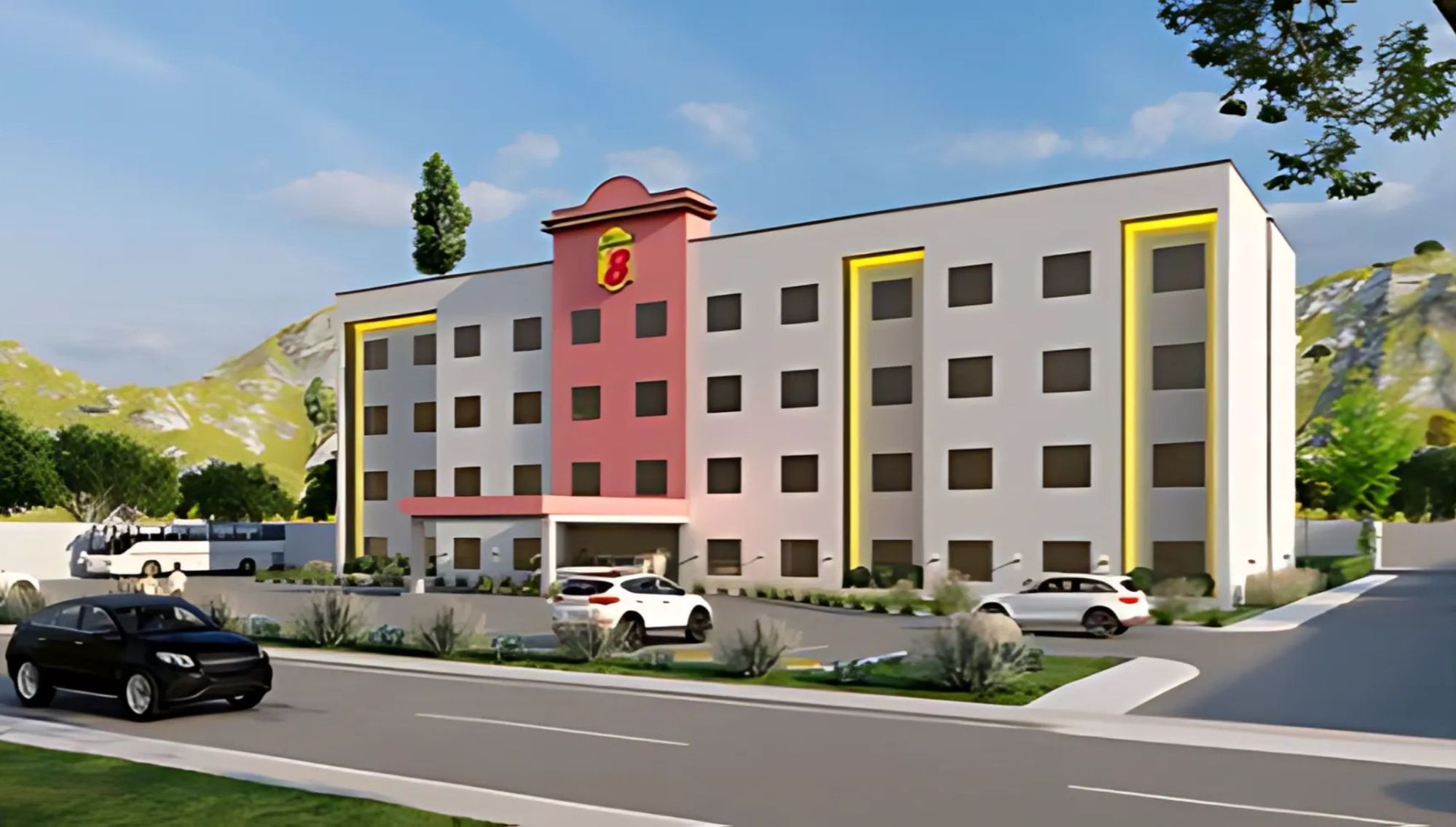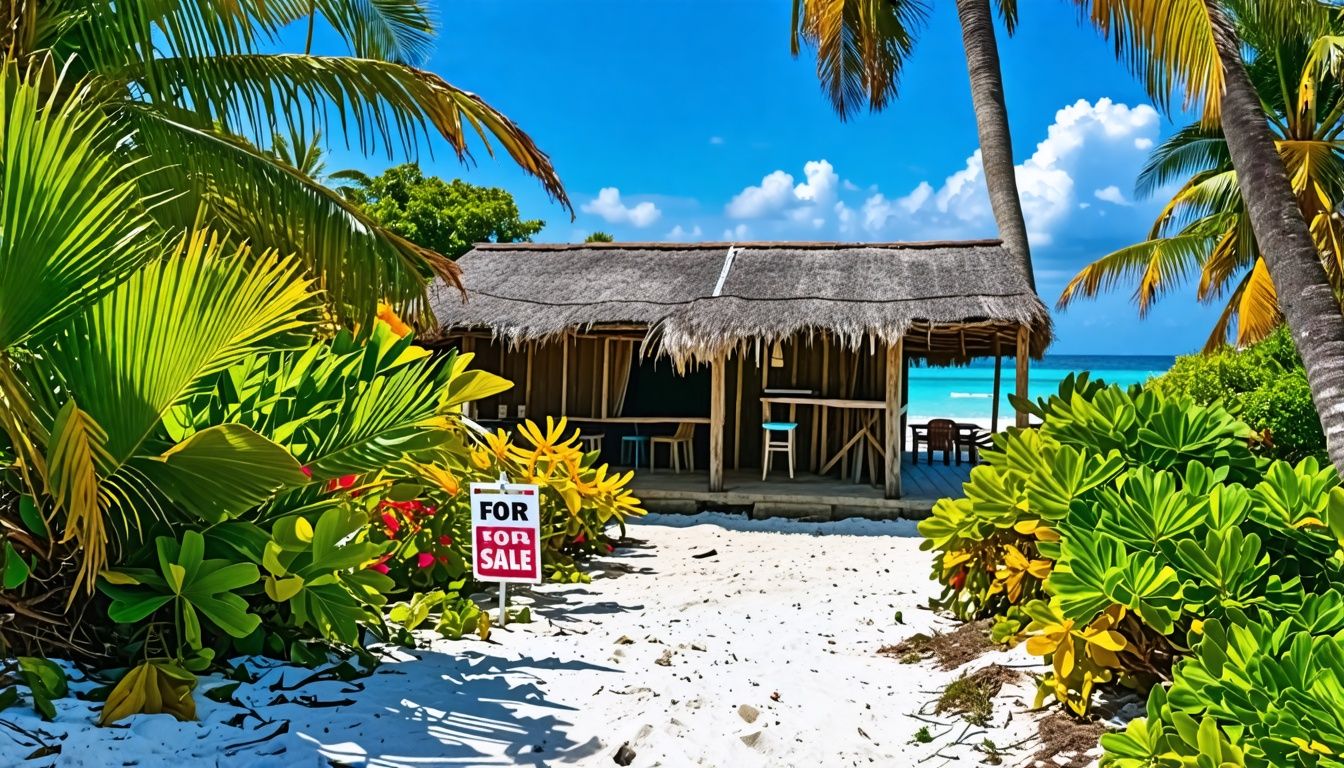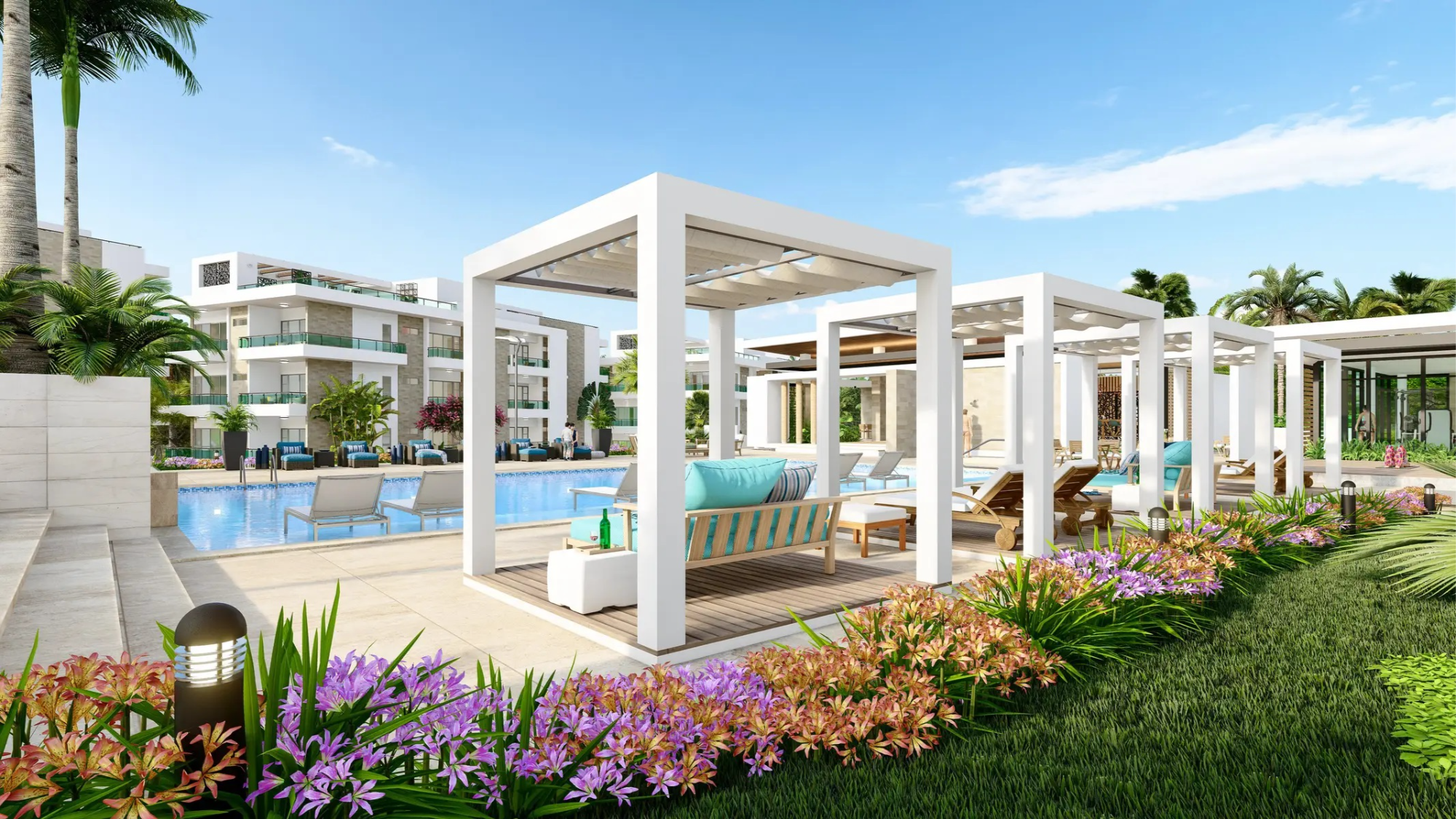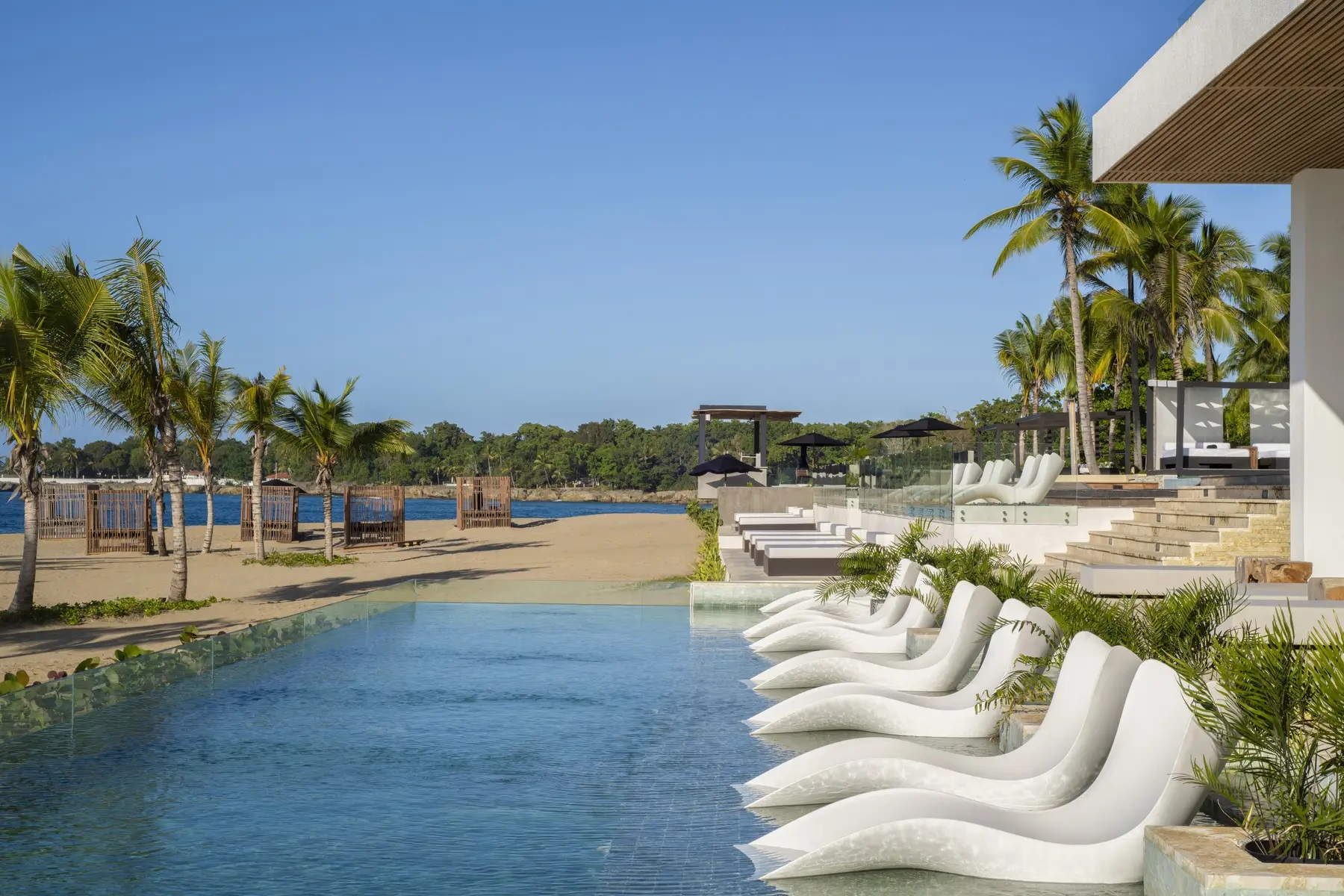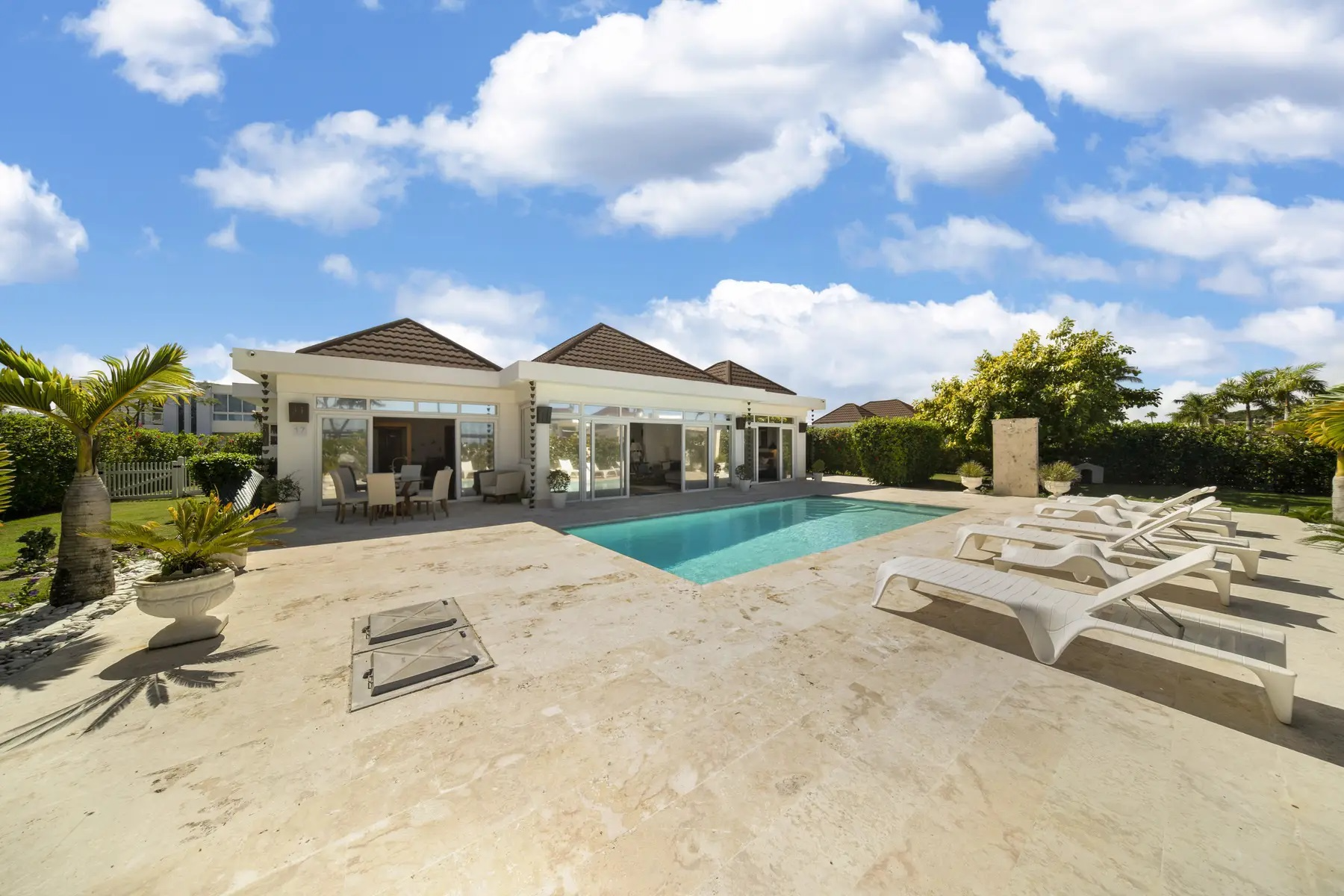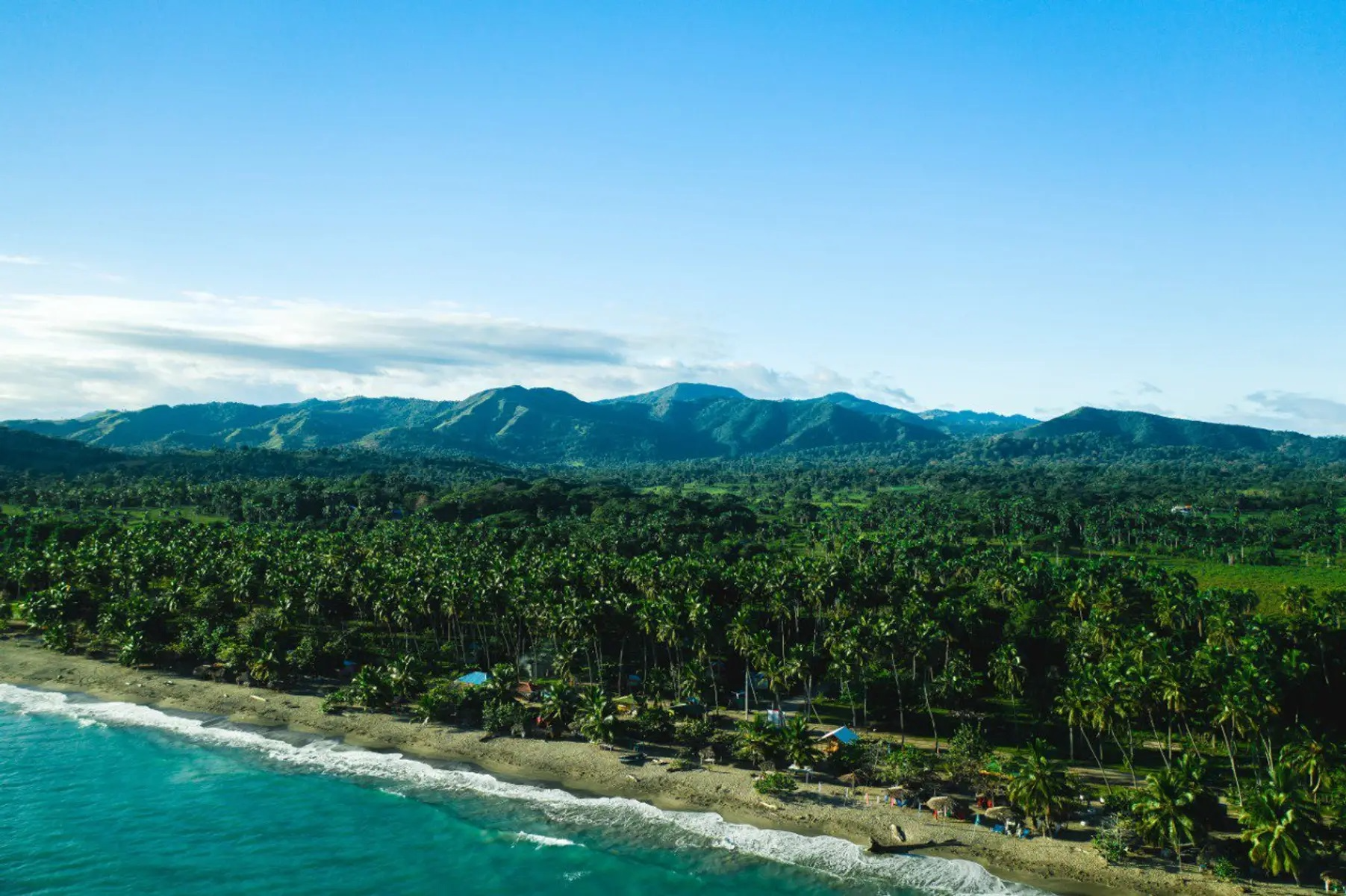THE AGENCY MAGAZINE
Your Mag to Real Estate and Everyday Life in the Dominican Republic
Buying Pre-Constructed Vs Building Your Home: Pros and Cons
Buying Pre-Constructed Vs Building Your Home: Pros and Cons
When it comes to purchasing property in the Dominican Republic, there are two primary options: buying a pre-constructed home or building your own home from scratch. Each option comes with its own set of pros and cons, and it's important t
Home vs Business Ownership in the Dominican Republic
Home vs Business Ownership in the Dominican Republic
Home ownership and business ownership are obviously two very different things, and it is important to understand the distinctions between the two, especially when considering investing in real estate in the Dominican Republic.
Home owner
Renting Out Your Property In The Dominican Republic On Airbnb
Renting Out Your Property In The Dominican Republic On Airbnb
As you may already know, Airbnb is a popular online platform that connects property owners with travelers looking for short-term accommodations. The Dominican Republic, with its beautiful beaches, vibrant culture, and warm weather, is a
Everything You Need To Know About Buying and Selling Property in The Dominican Republic
Everything You Need To Know About Buying and Selling Property in The Dominican Republic
The Dominican Republic is a beautiful Caribbean nation with a vibrant culture and stunning natural beauty, making it an attractive location for real estate investment. However, as with any property investment,
Your Real Estate Advisors
Phone:+1(809) 224-1017
Leave a Message
"We're here to help: share your details for customized Real Estate advice! "


